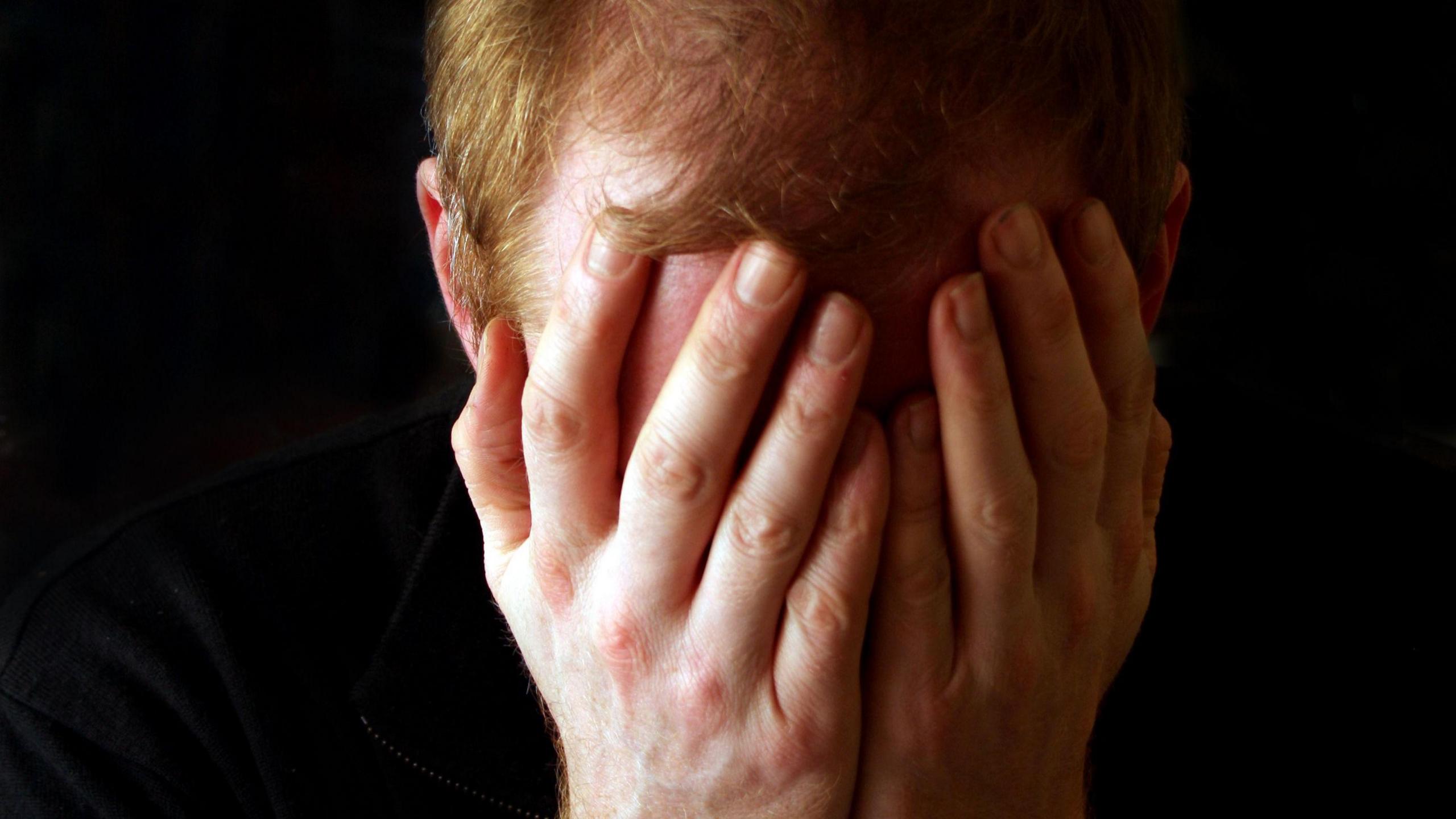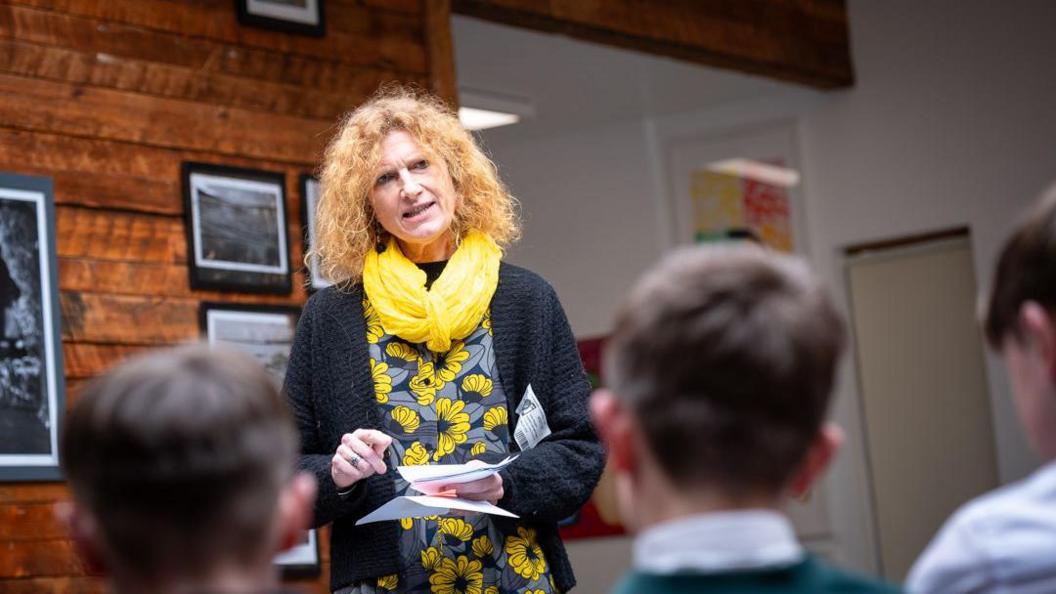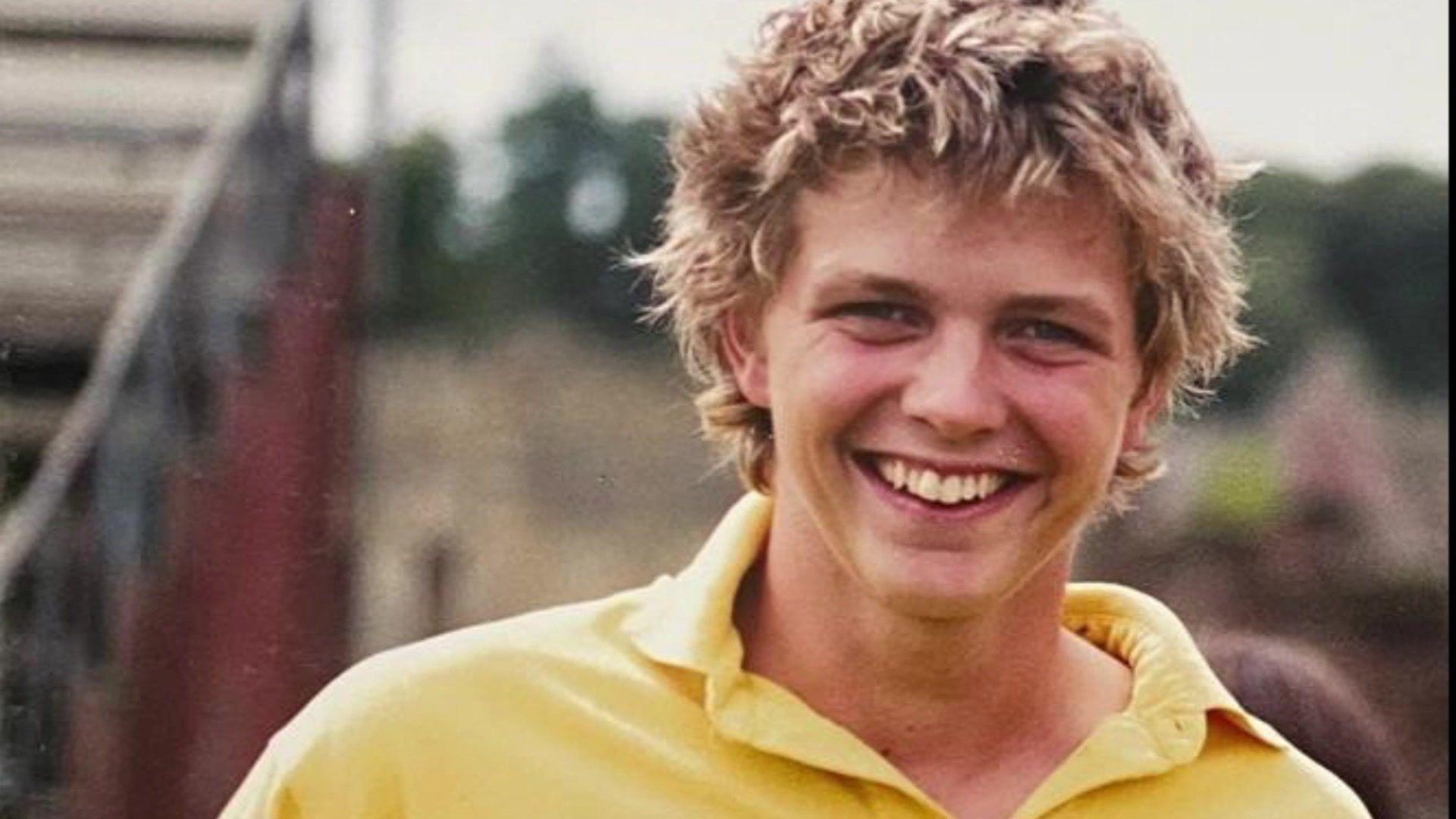Higher than average suicide rate to be tackled

The Westmorland and Furness Council area had the 10th highest rate of suicide deaths in England in 2023
- Published
A higher than average suicide rate is being tackled by a scheme to provide support for those at risk.
Westmorland and Furness has one of the highest suicide rates in the country, according to the most recent figures from the Office for National Statistics (ONS).
Plans to address this also include additional training for those working with at-risk groups.
Council director of public health Katrina Stephens said the scheme aimed to get people "talking about feelings".
The council wanted to reduce the stigma of suicide and raise awareness of ways in which it could be prevented, Ms Stephens said.
"Only 45% of people feel comfortable to talk about suicidal thoughts," she said.
"Talking about feelings, including suicidal thoughts, can be scary.
"But doing so can help people get the help they need, and may even save a life."
'At increased risk'
Those working with children will be trained to spot the signs something might be seriously wrong and ask the right questions.
Similar training will be offered to those working with people with mental health issues, addiction, disabilities, and those in the armed forces and in the young LGBTQ community.
The council noted the latter were "at increased risk for self-harm, suicide ideation and behaviours" and former servicemen aged 25-44 had a higher rate of suicide than men the same age in the general population.
Additional support and intervention programmes would be offered for organisations that help vulnerable adults and those who have previously attempted to end their life, the authority said.
A group would also be created to "identify trends" about the deaths, it added.
In the council area, 93 people died by suicide between January 2021 and December 2023, according to the ONS.
This rate of 15.5 deaths per 100,000 people is the 10th highest in England among unitary and county councils.
The average national rate during the same period was 10.7 deaths per 100,000 people.
Cabinet member for adult care Patricia Bell said: "Sadly, the effects of suicide are far-reaching and long-lasting on family, friends and the community.
"Preventing suicide is a responsibility for all of us and I am hopeful our continued collaborative working will make a real difference."
If you've been affected by the issues in this story, help and support is available via the BBC Action Line
Follow BBC Cumbria on X, external, Facebook, external, Nextdoor and Instagram, external. Send your story ideas to northeastandcumbria@bbc.co.uk.
Related topics
More stories from BBC North East and Cumbria
- Published10 March 2024

- Published12 August 2024

- Published18 January 2024
